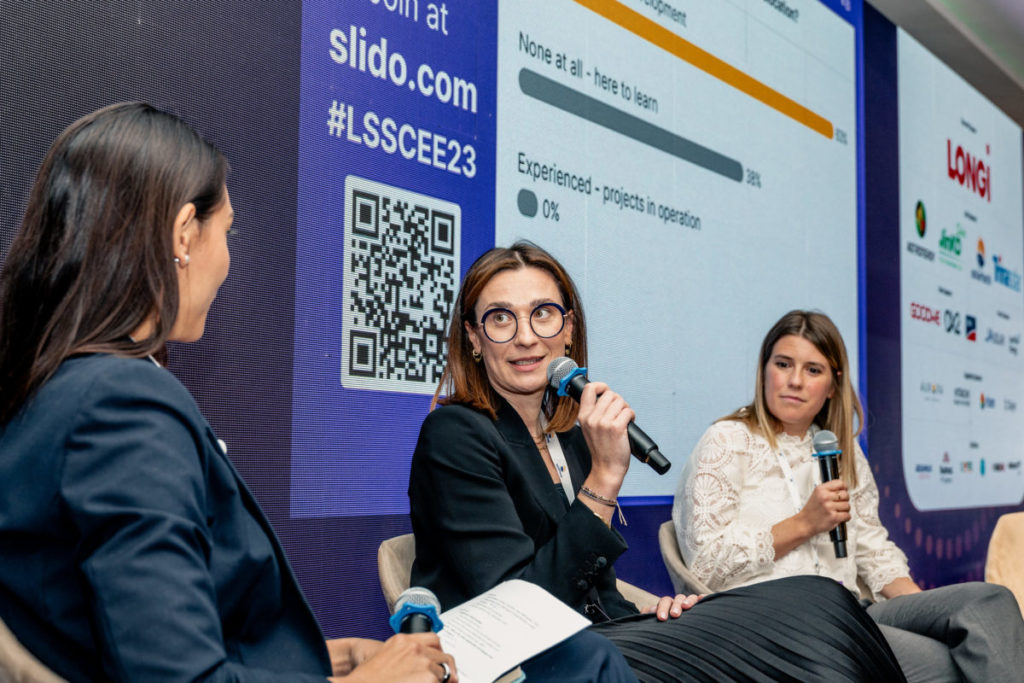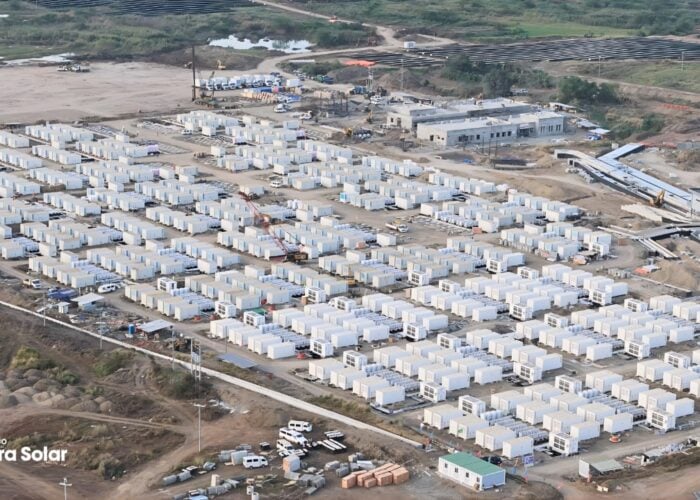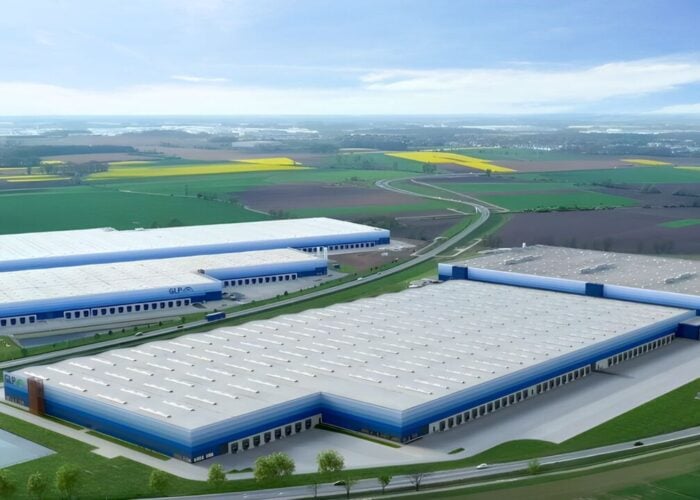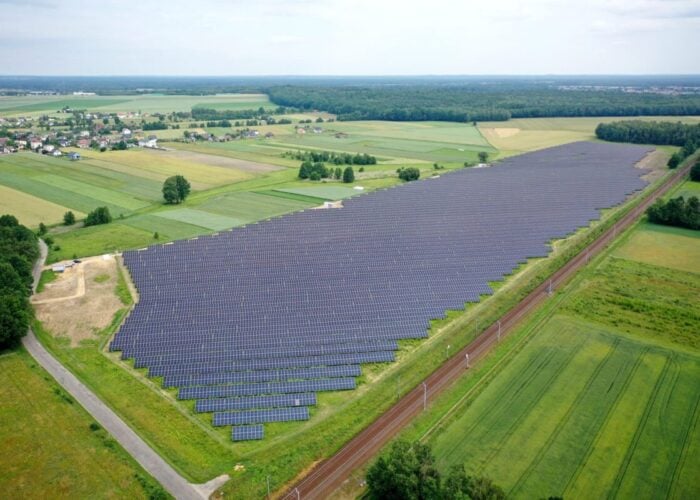
On 1 October 2023 an amendment to the Polish Renewable Energy (RES) Act came into force, allowing different renewable assets to share one grid connection.
This legislation will underpin what Krzysztof Zieniewicz, country manager at Qualitas Energy Poland called the “new future” of renewable energy in Poland, during a panel on Poland at last month’s Large Scale Solar Central Eastern Europe in Warsaw which will return for a third edition in 2024.
Try Premium for just $1
- Full premium access for the first month at only $1
- Converts to an annual rate after 30 days unless cancelled
- Cancel anytime during the trial period
Premium Benefits
- Expert industry analysis and interviews
- Digital access to PV Tech Power journal
- Exclusive event discounts
Or get the full Premium subscription right away
Or continue reading this article for free
Cable-pooling constitutes the sharing of grid connection capacity at a given grid connection point by two independent – and in this case renewable – power generation assets.
Following the legislative amendment, multiple renewable energy generation installations, with a connection voltage surpassing 1kV, will be able to share a grid connection. This includes expanding existing installations as well as greenfield projects.
This applies to any renewable energy source, including solar PV, battery energy storage and wind.
Anna Szczodra, partner and head of energy at KPMG Law, explained that sharing a grid connection flattens the energy production profile at a given connection point, allowing for more efficient use of connection capacity, as well as improving the security of grid operation.
This update, Szczodra continued, removes a number of regulatory setbacks for joint grid connections, for example obtaining a concession for the distribution of electricity – which incurs a fee – and applying to the President of Energy Regulatory Office (ERO) for the appointment of a distribution system operator (DSO).
Moreover, the RES Act amendment allows any renewable energy generator sharing a connection to retain an independent right to market access, as long as a cooperation agreement is negotiated between involved generations and connection terms are obtained and agreed with by the interconnecting DSO or TSO technical safety solutions.
Solving the grid problem
Cable-pooling was a hot-topic at this year’s Large Scale Solar Central Eastern Europe conference in November, with the new amendment discussed on multiple panels as the Polish energy sector expressed their excitement for the opportunities it would offer solar.
“In my opinion, the new future will go to the cable-pooling into the direct wires,” said Zieniewicz, during the ‘Opportunities, Trends and Challenges in the Polish PV Market’ panel on the conference’s second day.
Zieniewicz added that cable-pooling is where real solar growth can happen, due to the “huge payers” participating. Here Zieniewicz refers not only to energy consumers, but a few Polish private company “champions” that will be able to negotiate feasible contracts with bigger players, making the cable-pooled assets bankable.
“Because at the moment,” Zieniewicz continued “[Poland] has a lot of projects in the market but – from a market perspective – we have 40GW of project capacity in queue for grid connection conditions, but only half of them have been granted a grid connection agreement and, from past experience, we know that only a small number of these are finally connected.
“So I believe maybe the co-locating – with PV and wind, particularly – is something which we should expect.”
Discussing the issue of grid connection queue delays from a private equity perspective during the ‘Assessing Business Cases for Co-Locating Storage with Solar’ panel, Ewelina Szulc, managing director of Polish portfolio at DIF Capital Partners said:
“Unfortunately, like many different markets here in Europe, [Poland] faces quite a bottlenecking problem. To get around this we can [work with operators that] already have operating assets with connection agreements and try to amend these agreements to add an additional asset.
“This is still not something that has fully processed in the market, it is something that started to happen last year, and this year was given a boost with cable-pooling.”
Szulc added that there was initially a lot of excitement from sponsors and investors around the prospect of replenishing connection agreements and adding assets however Szulc noted that a discussion will need to be had with operators as they are not often as “flexible” as fund managers such as DIF, which means that “a lot of cooperation from distribution service operators (DSOs)” will be required to truly take advantage of the updated amendment.
Cable-pooling is an exciting new route to market for developers looking to Poland for their next solar PV project. Poland has taken a significant step in addressing grid connection delays, managing renewable energy curtailment and, ultimately bolstering its solar sector.






